Nguyen Xuan Phong started programming at the age of 9, but spent 4 years of college pursuing a degree in business administration. Initially, he set his goal of becoming an entrepreneur but quickly realized that technology and engineering were his true dreams. Nguyen Xuan Phong returned to study graduate studies in computer science at Carnegie Mellon University (USA) and earned a PhD in AI at the University of Tokyo (Japan), both of which are world-leading schools in technology and computer science. Nguyen Xuan Phong has written more than 20 scientific papers, 8 patents registered with Hitachi in many countries, and had the opportunity to go to Canada as a representative of the world's leading AI research institute Mila and work with Professor Yoshua Bengio, the "godfather" of modern AI.

Nguyen Xuan Phong said that Mila's list of partners at that time was full of very famous names in the world such as Google, Facebook, Microsoft, Hitachi, Samsung. For a company from a developing country like Vietnam to have the opportunity to cooperate with Mila was a very difficult problem.

“After 8 years of working, it was time for me to choose a career path. I wanted to find a place that needed me, that could contribute to Vietnam, and that my research would have a broader impact on business, creating truly useful products for the market. At that time, I had many options, but FPT Software was the most suitable environment. This is a global company, with many offices around the world and a multinational team. What I like most is that the company's culture always supports new ideas and products, and is a suitable place to "incubate" potential talents and projects," Phong shared.

For Phong, the opportunity to be a bridge to bring AI training programs and bring young Vietnamese talents to the world arena is an extremely interesting challenge. In the AI Residency program, Phong and his colleagues create an in-depth research environment for outstanding Vietnamese students, giving them the opportunity to study and work directly with experts around the world. In addition, interns are encouraged to participate in product development projects, thereby bringing research results and applications to solve real-world problems. “One of the problems we are currently focusing on is the problem of changing the software development industry with AI. This is a problem of global significance and if we can solve this problem, we can put Vietnam on the global AI map,” said Nguyen Xuan Phong.

Sharing his aspirations with VietNamNet, Phong said that he believes in a world where humans and robots (AI) can live together peacefully and create great values that AI or humans alone cannot create. These values will be created when humans and AI cooperate and promote each other's strengths. AI will "liberate" humans from boring, repetitive daily tasks so that they have more time for their families, to be creative and to exercise.
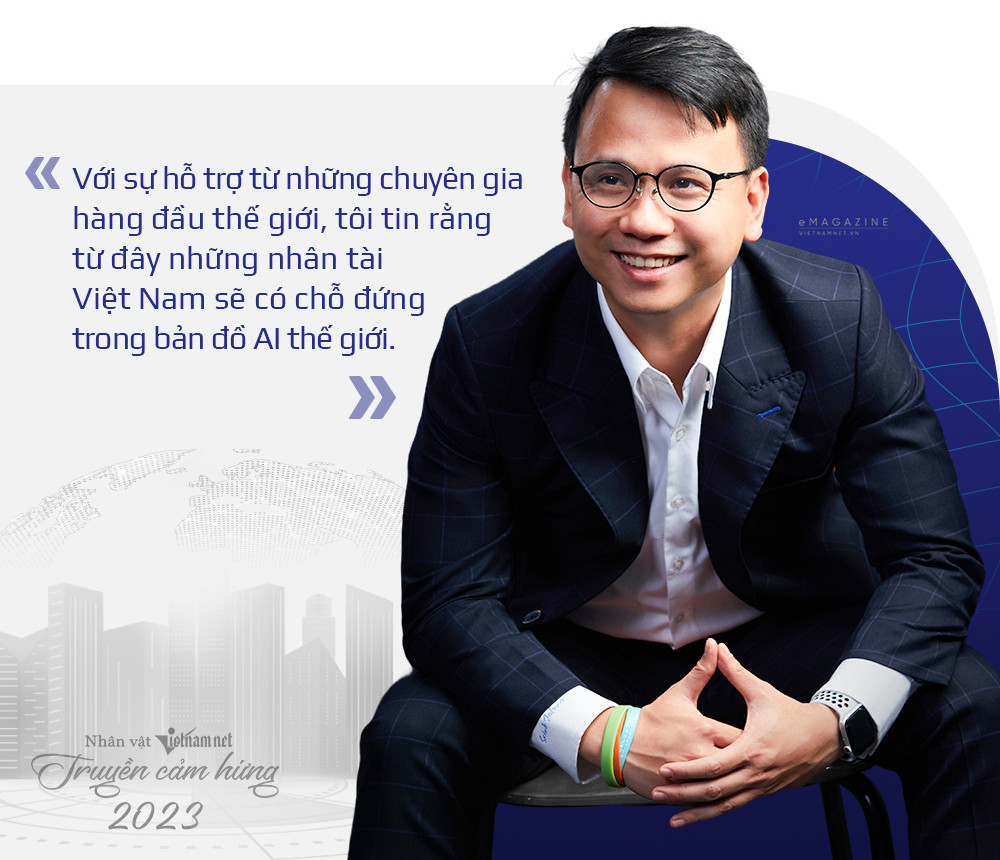
For example, in the early days of industrial machinery, people were afraid of losing their jobs. But in reality, machines gave people more time to do more specialized, high-quality work. Today, a hand-embroidered scarf is always hundreds or thousands of times more expensive than a scarf made by machines. “When I joined FPT Software, I was assigned to bring the Company into the Top 50 best AI research labs in the world, contributing to bringing Vietnamese intelligence and people to the world. This is a very challenging but also extremely interesting task, thanks to which I have the opportunity to work with many Vietnamese AI researchers around the world as well as young talents in the country. It can be seen that recently, Vietnamese scientists are gradually being recognized more and more in international forums on AI. Typically, I have invited professors and leading AI experts in the world to cooperate with FPT on AI such as Professor Yoshua Bengio and Mila Research Institute who are working with FPT in AI research. Dr. Andrew Ng and Landing AI are working with FPT in training and product development. With the support of the world's leading experts, I believe that from now on, Vietnamese talents will have a place on the world AI map", Nguyen Xuan Phong shared.

Phong said that Vietnam is on the path to strong development in AI education with the help of Andrew Ng in building the curriculum from grade 1 to grade 12, as well as the support of Yoshua Bengio in AI research. This is the foundation for the next generation of Vietnamese youth to have the opportunity to access the latest training curriculum and research works in the world.

With strengths in data (software, industrial production), Vietnam can create specialized AI models to turn the above strengths into leverage to become key players in the world's AI playground.
Vietnamnet.vn





![[Photo] Closing of the 11th Conference of the 13th Central Committee of the Communist Party of Vietnam](https://vstatic.vietnam.vn/vietnam/resource/IMAGE/2025/4/12/114b57fe6e9b4814a5ddfacf6dfe5b7f)

![[Photo] Overcoming all difficulties, speeding up construction progress of Hoa Binh Hydropower Plant Expansion Project](https://vstatic.vietnam.vn/vietnam/resource/IMAGE/2025/4/12/bff04b551e98484c84d74c8faa3526e0)

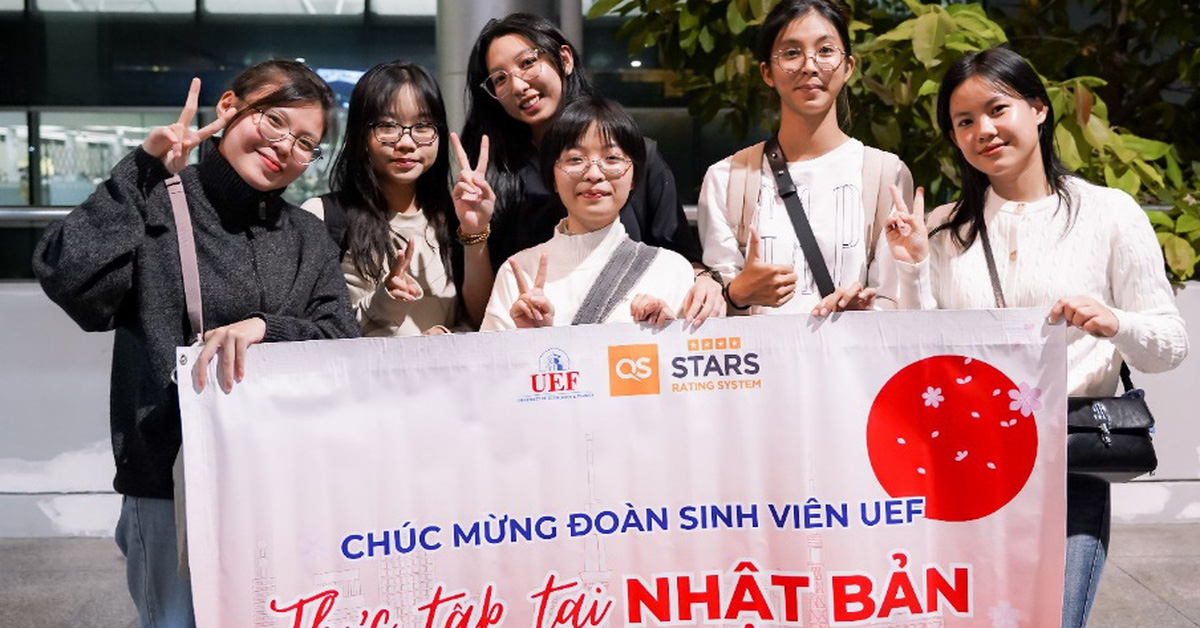

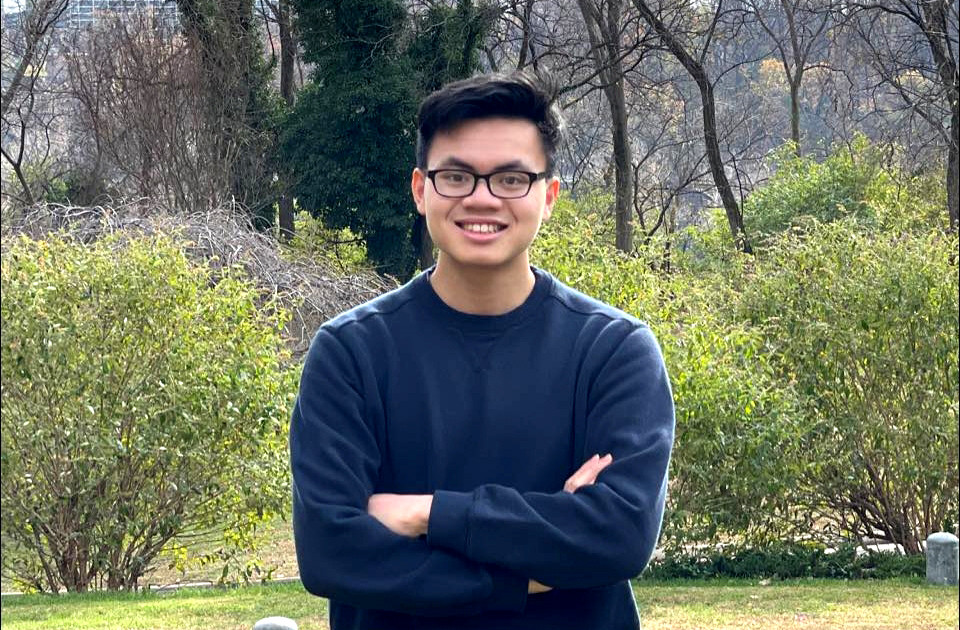

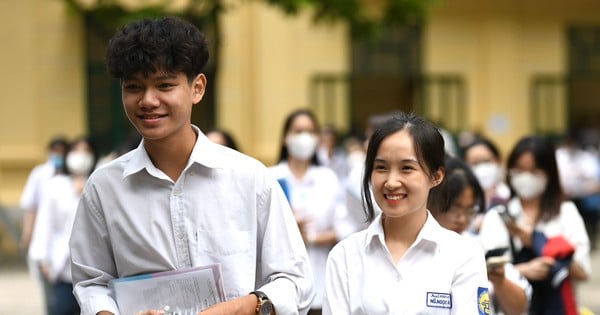

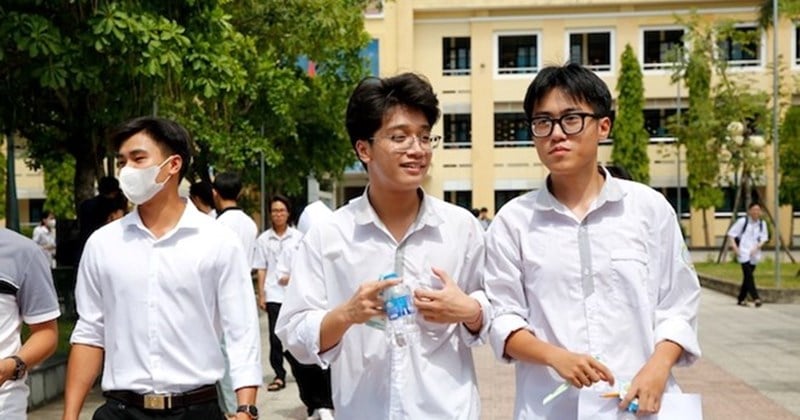



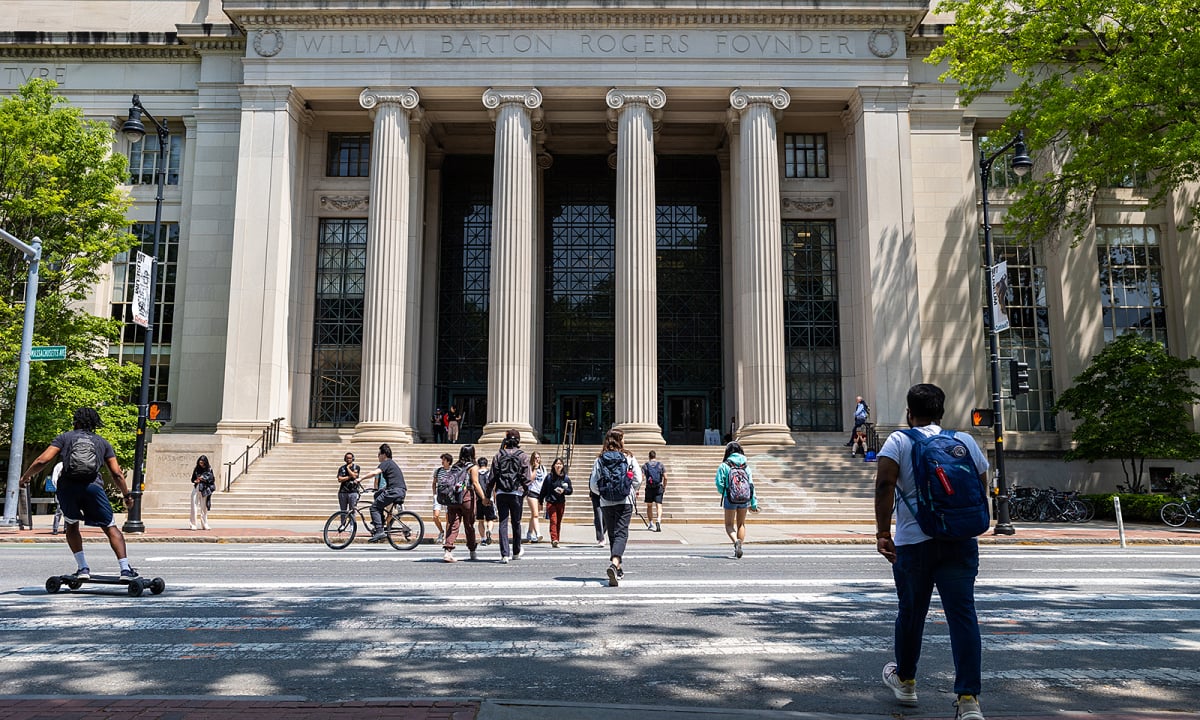









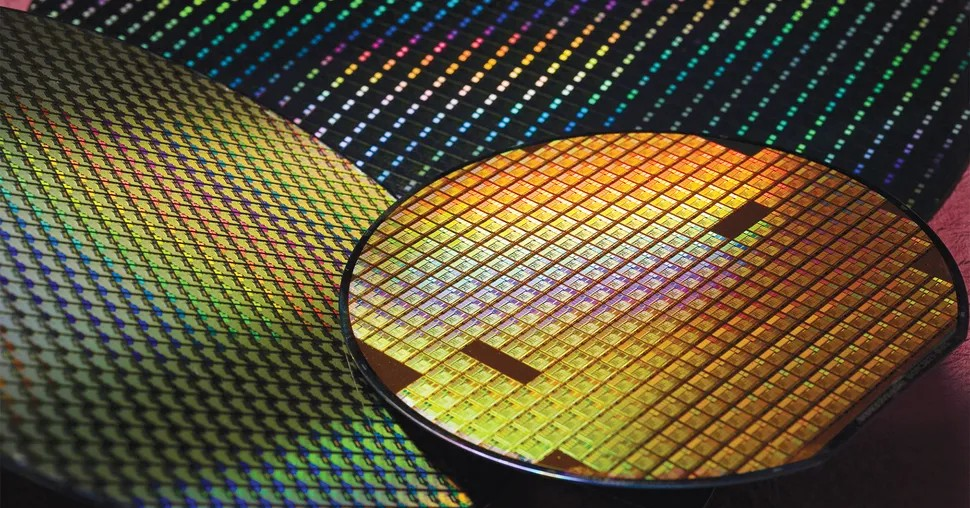


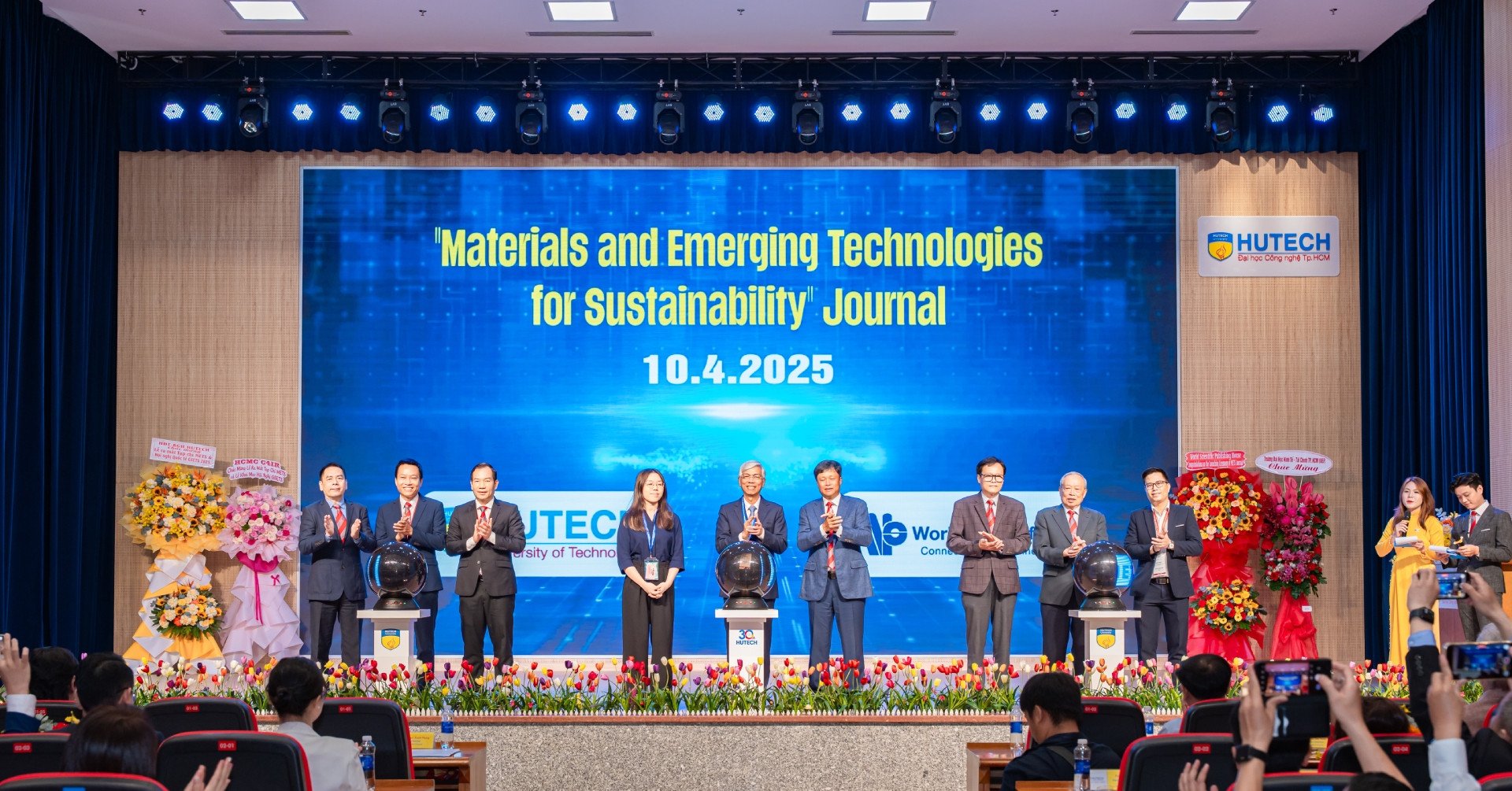








































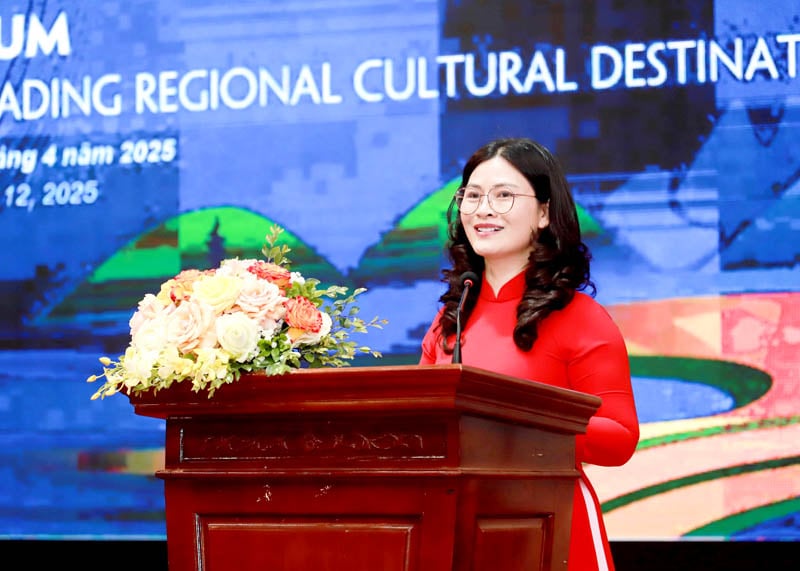



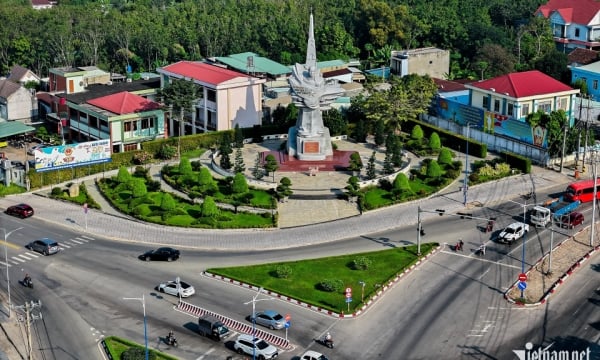


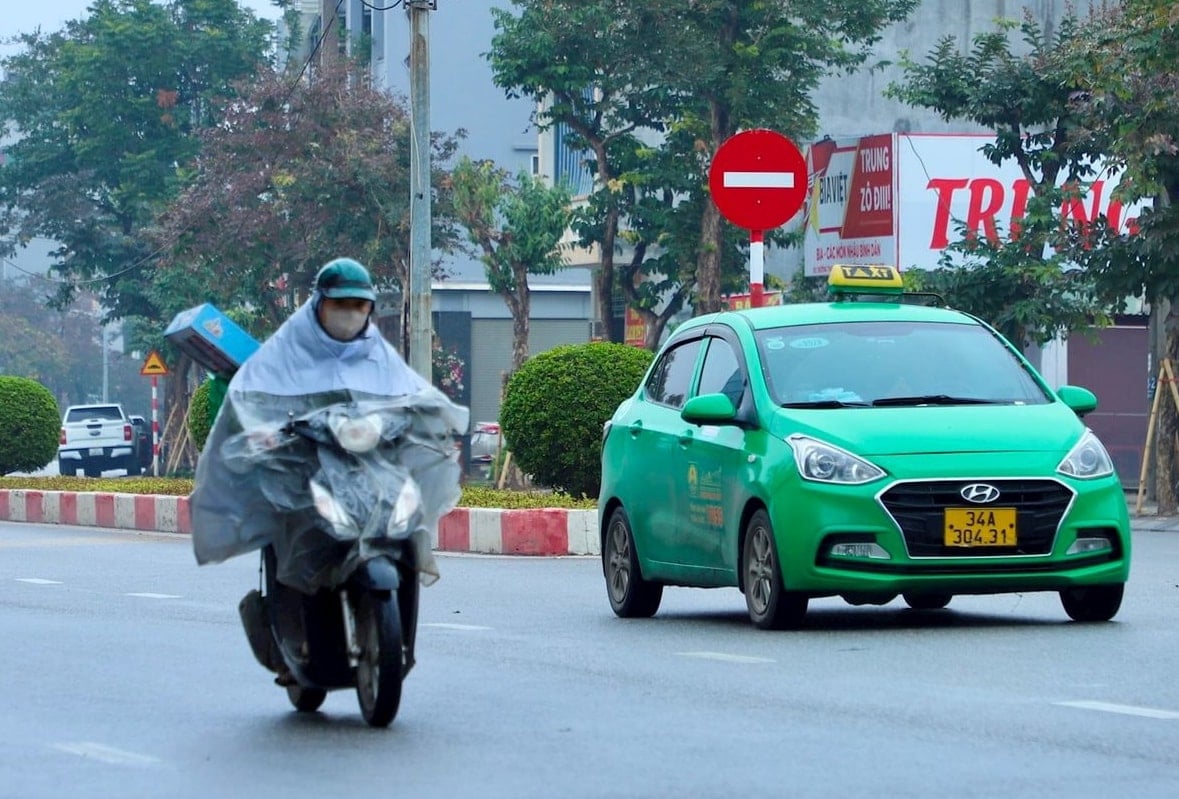












Comment (0)